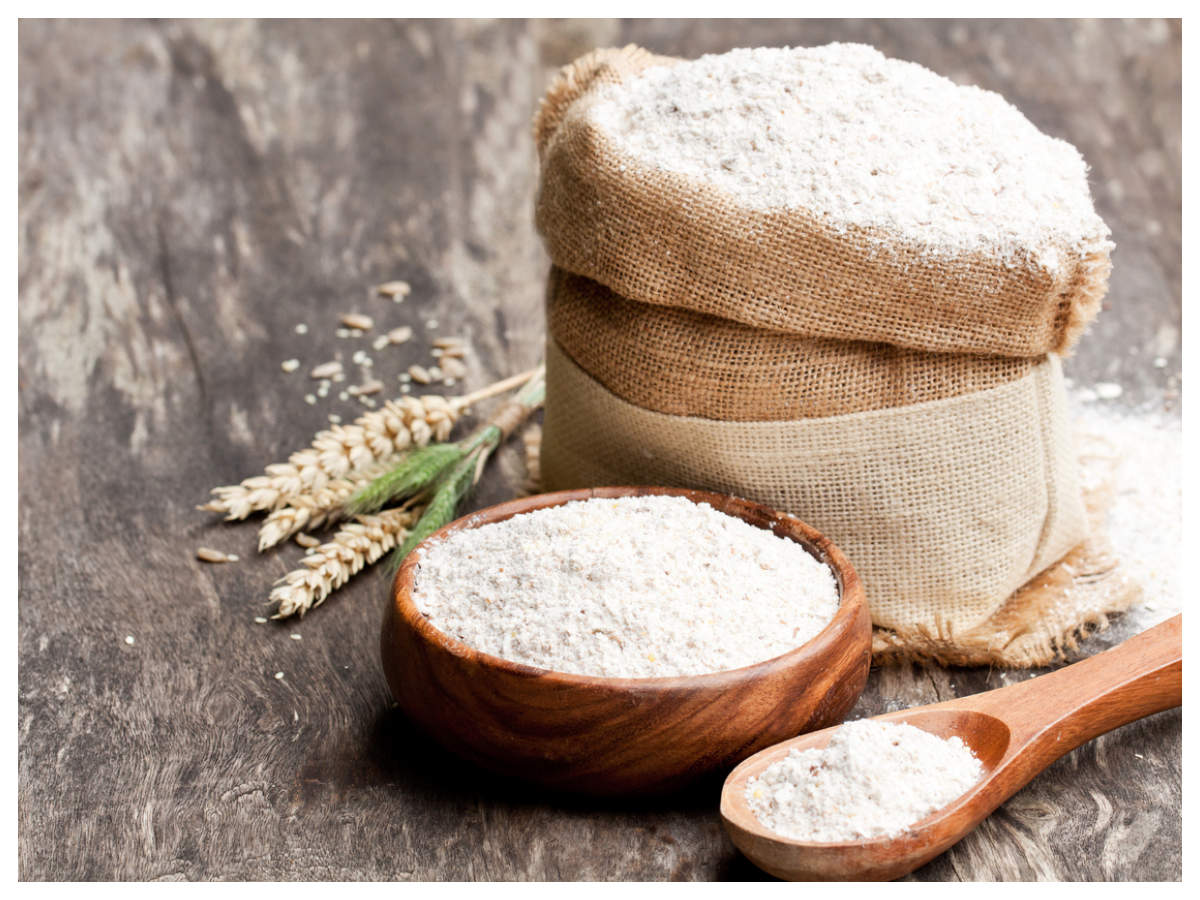Organic wheat flour has gained popularity in recent years, as more and more people are becoming conscious of the quality and source of their food. But what sets organic wheat flour apart from conventional flour? Let's explore the unique characteristics that make organic wheat flour a preferred choice for many.
1. No Chemicals or Pesticides
One of the key differences between organic and conventional wheat flour is the way it is grown. Organic wheat is grown without the use of synthetic chemicals or pesticides.
2. Higher Nutritional Value
Organic wheat flour is known to have a higher nutritional value compared to its conventional counterpart. This is because organic wheat is grown in nutrient-rich soil, without the use of synthetic fertilizers.
Image Source: Google
3. Richer Flavor and Aroma
Many bakers and chefs prefer organic wheat flour for its superior flavor and aroma. The organic farming methods used to grow the wheat contribute to its unique taste and scent.
4. Environmental Sustainability
Organic farming practices prioritize the health of the environment. By avoiding the use of harmful chemicals and promoting biodiversity, organic wheat farming helps to preserve the ecosystem. Choosing organic wheat flour supports sustainable agriculture and contributes to a healthier planet.
5. Non-GMO and GMO-Free
Organic wheat flour is non-GMO (genetically modified organism) and GMO-free. This means that the wheat used to produce the flour has not been genetically modified in any way. Many people prefer non-GMO products due to concerns about potential health risks associated with genetically modified foods.

